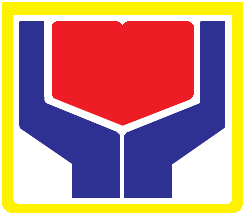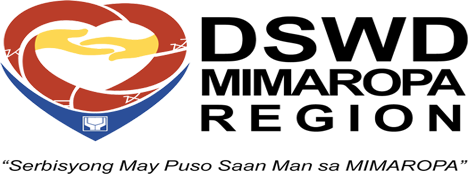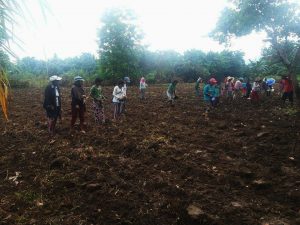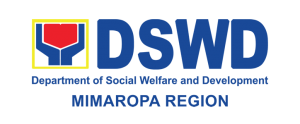Philippines is an agricultural country – with its abundant nature and good climate, a lot of local residents, especially on rural places, would engage in farming.
Zooming in lies the nature-loving province called Palawan. Located in the province is the municipality of Aborlan which is known as one of the biggest producers of agricultural products in southern Palawan.
Aborlan possesses a vast range of flat lands and terrains ideal for farming. Thus, it is no wonder that one of the major economic activities of the municipality is farming. It is practical that residents are taking advantage of their municipality’s features to have a livelihood; this was proven by the Participatory Livelihood Issue Analysis (PLIA) showing that there is a large number of farmers in Brgy. Barake engaged in vegetable production. This resulted to a formation of interested individuals into groups. A partnership engagement was established between Municipal Agriculture Office and Department of Social Welfare and Development – Sustainable Livelihood Program, in line with the thrust and priorities of Department of Agriculture to promote organic farming in Palawan and also to ensure the sustainability of the project.
This partnership aims to conduct skills training on organic vegetable farming with vermicomposting to provide skills and knowledge for the farmers on making organic pesticides and fertilizers using vermin-composting technology. This project possesses a wide range of economic and social benefits such as increasing the level of investment, aiding malnourishment in the community, and augmenting to the daily income of program participants to name a few.
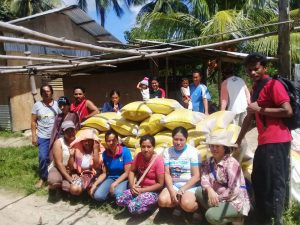
The project started on January 25-26, 2016 through the collaborative effort of the Local Government Unit (LGU), BLGU, Western Philippines University (WPU), Municipal Social Welfare and Development Office (MSWDO) and Convergence team of Aborlan. In two years of operation, May Gamala, a beneficiary of the program, had her own sari-sari store wherein the capital to build this store was earned from her profit in selling organic vegetables and vermicompost. Given the high value of organically grown vegetables and vermicompost, she roughly earns a minimum of PHP 8,000.00 a week. Nowadays, the awareness on health benefits of organic products continues to spread through social media.
Partnership engagement followed by continuous monitoring and coaching of the participants was sought to deliver quality service and ensure the sustainability of the project.
Program participants, on the other hand, share insights in the operation. The increasing income of the program participants would stimulate economic growth in the community, promote healthier lifestyle, and sustain healthy environment.
Contributor:
DSWD-SLP Palawan
![]()
